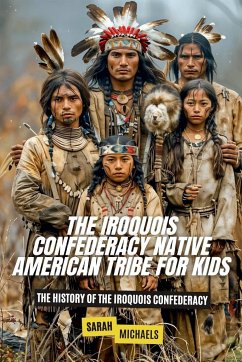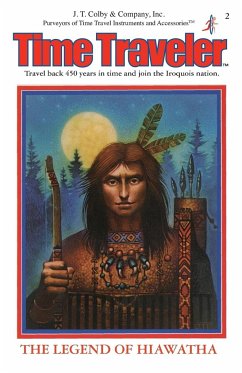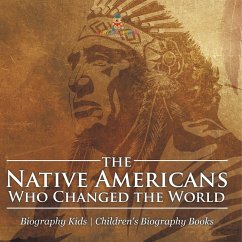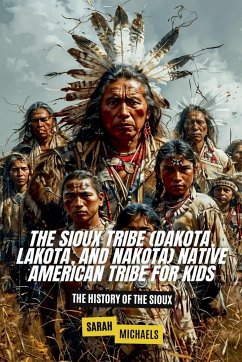
Berry Boy in the Buffalo Days

PAYBACK Punkte
10 °P sammeln!
This book is set in the early 1800's during the time of the horse culture. Blackfeet Indians acquired the horse in the 1600 -1700's. It was a time of minimal European contact and before the westward expansion reached the Blackfeet. It is based on historical hunting practices of the Blackfeet Indians or Pikuni (Small Scabby Robes) as they were known to other Tribes. The Blackfeet called themselves Nitsitapi (Neetseetahpee) or Real People. They followed the Buffalo as a way of life for thousands of years from the Yellowstone River in Southern Montana to the Saskatchewan River in the north, the H...
This book is set in the early 1800's during the time of the horse culture. Blackfeet Indians acquired the horse in the 1600 -1700's. It was a time of minimal European contact and before the westward expansion reached the Blackfeet. It is based on historical hunting practices of the Blackfeet Indians or Pikuni (Small Scabby Robes) as they were known to other Tribes. The Blackfeet called themselves Nitsitapi (Neetseetahpee) or Real People. They followed the Buffalo as a way of life for thousands of years from the Yellowstone River in Southern Montana to the Saskatchewan River in the north, the Headwaters of the Missouri River to the east and in the Rocky Mountains to the west. Lewis and Clark did not discover Montana. The Blackfeet were there, thriving in their environment. The Blackfeet loved their children more than anything. The taking of land and loss of buffalo, starvation, and European diseases destroyed the Blackfeet's ability to be self-sufficient. The final straw was the killing of over 200 children, women, and a few elderly men, including Chief Heavy Runner, at the Bear River (Marias River) on a freezing cold morning of January 23, 1870. The Blackfeet survivors were heartbroken and forced to give up their remaining children to institutionalized abuse called Boarding Schools in the United States and Residential Schools in Canada. The Blackfeet language and culture was forbidden. After the elimination of the great buffalo herds by the railroad; the Blackfeet were forced to stay on small pieces of land called reservations. The Blackfeet's territorial hunting-gathering land base was decreased by a series of executive orders and treaties. It started with the Fort Laramie Treaty of 1851, where the Blackfeet were not present. A few years later came the Lame Bull Treaty of 1855. Next were executive orders by President Grant in 1873 - 1874. The Blackfeet Territory originally consisted of most of Montana and into Alberta and Saskatchewan, Canada. Today, the Blackfeet Reservation boundary is north on the Canadian border, south on Birch Creek, east on Cut Bank Creek, and west is Glacier National Park for one and a half million acres in north central Montana.













